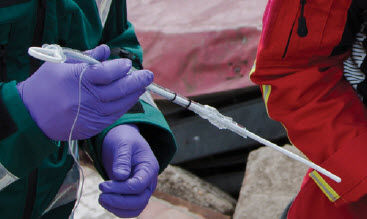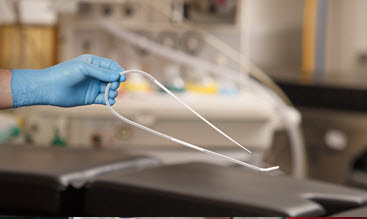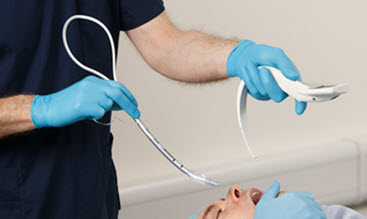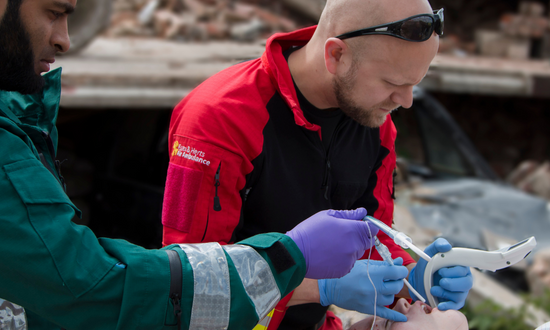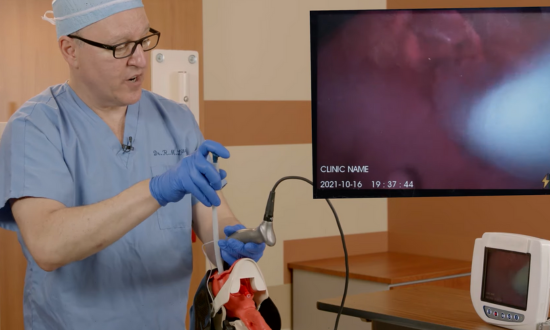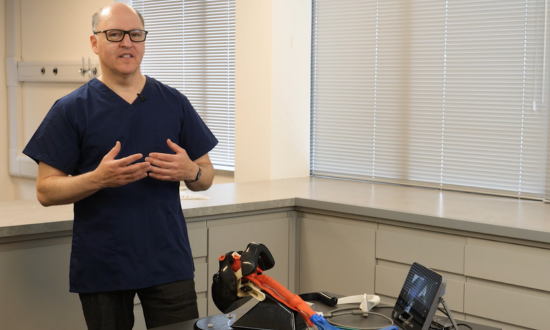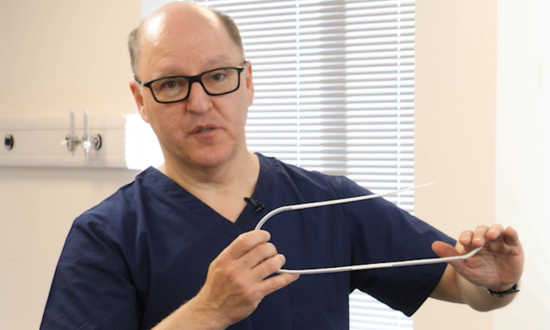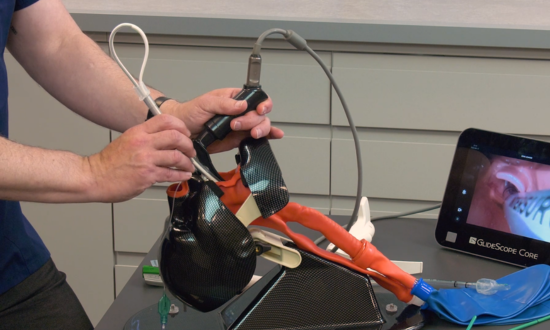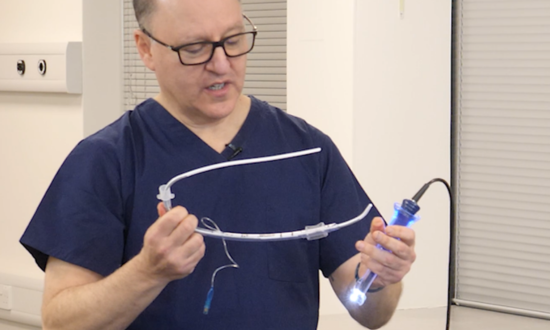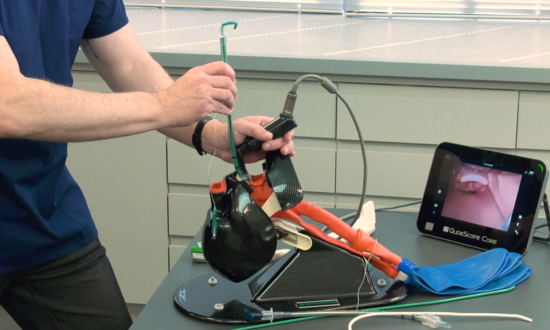The Universal Stylet Bougie, or USB™, represents a significant advance in the design and development of tracheal introducers (bougies) and stylets.
Traditionally, the design requirements of stylets and bougies have always been considered incompatible. A stylet requires sufficient rigidity to allow the tracheal tube to be manipulated to and maintained at a variety of angles, whereas a bougie needs to be flexible enough to allow positive tracheal ring feedback whilst incorporating specific memory characteristics to allow correct placement.
The unique design of the USB™ incorporates two malleable sections either side of a more flexible middle section. The USB™ can easily be manipulated to a variety of angles when used as a stylet, yet has the flexibility when used as a bougie to provide a significantly enhanced level of tracheal ring feedback.
In addition, the hexagonal shape provides less contact with the inner surface of the tracheal tube, providing particularly easy insertion and removal.
Key benefits
The USB™ offers a number of key advantages over traditional bougies and stylets including:
• Hybrid bougie and stylet: The unique design of the USB™ means the device can be used as a stylet or as a bougie.
• Easier insertion and removal: The unique hexagonal shape of the USB™ provides less contact and interference with the tracheal tube ensuring the device can be easily inserted and removed. The hexagonal shape also provides optimal grip and reduces the potential for rolling.
• Easier storage: The folded design and smaller footprint of the USB™ makes it easier and more convenient to store than traditional stylets and bougies. It also ensures orientation of the device is always clear.
• Improved tracheal ring detection: When there is a restricted laryngeal view, it is not always possible to visually determine whether a bougie has been correctly placed in to the trachea. In such circumstances, immediate feedback as to whether placement has been successful can be obtained by determining whether the tracheal rings can be felt as the bougie is moved backwards and forwards. This is the same for the USB™, except its unique design, incorporating a flexible section positioned between two malleable sections, provides an enhanced level of amplification and tracheal ring detection not usually seen with traditional bougies.
Using the USB™
The USB™ can be used in the pre-hospital as well as the in-hospital environment. In the pre-hospital setting, the folded design and smaller pack makes it easy to store in emergency vehicles and rescue backpacks or kits without any compromise to the integrity or shape of the device. The combined bougie and stylet design also eliminates the need to carry separate devices of each type, whilst retaining both clinical options.
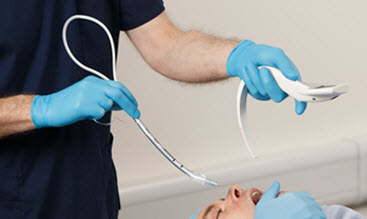
Using the USB™ as a stylet
• Hexagonal shape provides less contact with the Tracheal Tube and it is therefore easier to remove the USB™ from the Tracheal Tube once correct placement has been achieved.
• The flexible section between two malleable sections makes the overall device less rigid than many stylets, reducing the potential for trauma
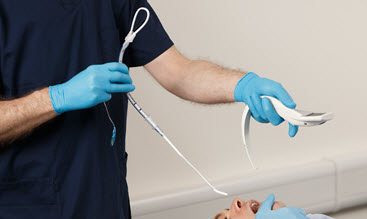
Using the USB™ as a bougie
• Increased amplification, providing superior tactile ring feedback and detection.
• Hexagonal shape and folded design provides continuous confirmation of product orientation.
• Proximal end of the USB™ can be folded into the Tracheal Tube to prevent accidental movement until the point where the Tracheal Tube is to be railroaded over the USB™.
• Can be used in a variety of configurations, allowing flexibility in use and the possibility to use the device without the need for an assistant.


























